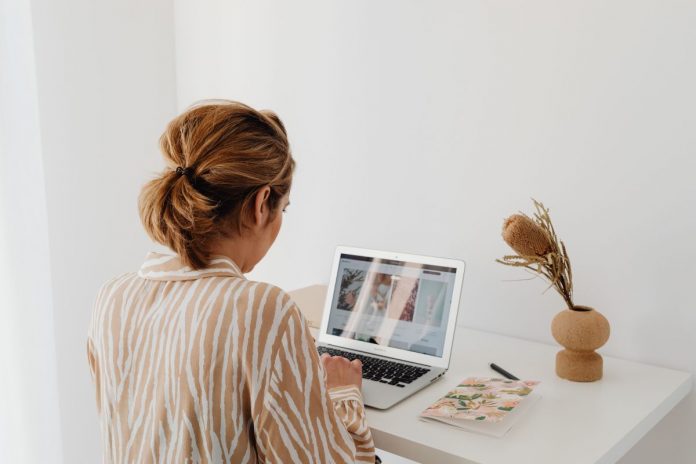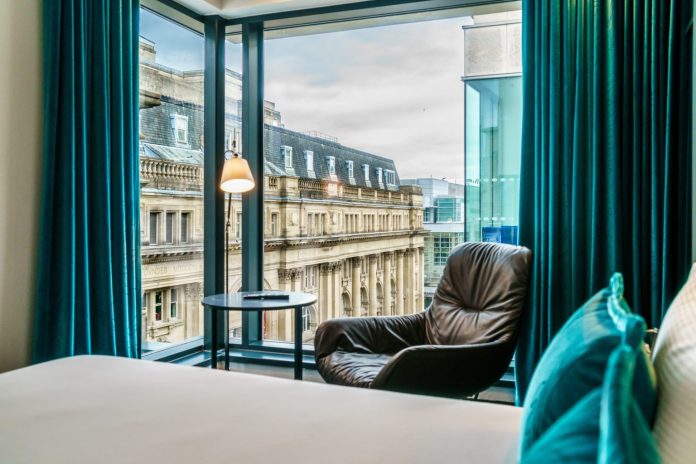Social anxiety disorder (sometimes referred to as social phobia) is defined by the NHS as a long-term and overwhelming fear of social situations, and is one which extends well beyond the familiar symptoms of shyness. According to the Mayo Clinic, ‘’in social anxiety disorder, fear and anxiety lead to avoidance that can disrupt your life’’.
Most common in the teenage years, but also present in both children and adults, it’s important to recognise and distinguish the signs and symptoms of social anxiety when compared with a more common lack of confidence in certain social situations. For many, social anxiety’s intensity assuages with time, but in cases where it doesn’t, there are some mechanisms you can employ to lessen its impact on your everyday life.
With all this in mind, here’s our IDEAL guide to recognising and overcoming social anxiety.
SHYNESS OR SOCIAL ANXIETY?
We all sometimes feel overwhelmed in social situations, particularly when the perceived power dynamics of an interaction are working at an imbalance or we’re speaking in front of a large group of people. But those who suffer from a more severe social anxiety will be anxious prior to a social situation, too, as well as during and after it.
It’s this ‘worst case scenario’ assumption before and overly analytical, negative conclusions after a social event which can point to something more serious. Should this sense of fear be affecting every day life, at work, with family and friends, or during study, then it could be more severe than the shyness we all suffer from time to time.
SOCIAL ANXIETY SYMPTOMS
Though it’s important to note that the experience may be different and unique from person to person, the NHS suggest that some key symptoms of social anxiety to look out for include:
- Avoidance of group activities, particularly with strangers
- Worrying about the physical manifestation of embarrassment, such as sweating or blushing
- Finding it tough to complete a task if others are watching
- Avoiding eye contact
- A fear of being judged or criticised that is so strong that the person avoids situations which might be challenging
- Heart palpitations, trembling, feeling sick or diarrhoea before or during social situations
- Panic attacks
Though these symptoms can be hugely uncomfortable, it’s important to realise that social anxiety is common, and if you’re concerned, you should speak to your GP, who can refer you to a mental health specialist for a full diagnosis.

EVERYDAY COPING TECHNIQUES
Aside from seeking help from your GP and the subsequent support of mental health services, there are some everyday coping techniques you can employ to help lessen the intensity and burden of social anxiety. Whilst some may picture members of a crowded room naked, medical professionals recommend keeping a diary of your thoughts and feelings, and triggers for any cases of anxiety, to help you get a better picture of what particular occasions provoke specific reactions.
It might also be of benefit to social anxiety sufferers to learn some simple breathing exercises or even investigate meditation as a way to take a moment, breathe deeply and hopefully gain perspective and take stock of a situation.

TREATMENTS
Experts believe that Cognitive Behavioural Therapy is the best tool for dealing with social anxiety, as it examines how our thoughts and beliefs (however evidence-based or irrational) feed into our feelings.
According to the good guys at Mind UK, ‘’CBT is based on the idea that the way we think about situations can affect the way we feel and behave. For example, if you interpret a situation negatively then you might experience negative emotions as a result, and those bad feelings might then lead you to behave in a certain way’’.
No wonder it’s regarded as an effective tool in coping with social anxiety, then. Your GP will be able to refer you to a therapist who can guide you through keeping a CBT diary and training your thoughts to respond in a rational way to triggers. Alternatively, try this useful resource of 25 CBT techniques and worksheets if you’d like to explore the therapy from home.
And if you’re keen to explore a few more simple techniques you can use in your daily life to soothe the soul and calm the mind, then check out these 5 IDEAL wellbeing exercises to include in your everyday.
*This article is not intended to replace medical advice, diagnosis or treatment given by a qualified health professional. Instead, this article only provides information, not advice. For any medical enquiries, always consult your GP first*





